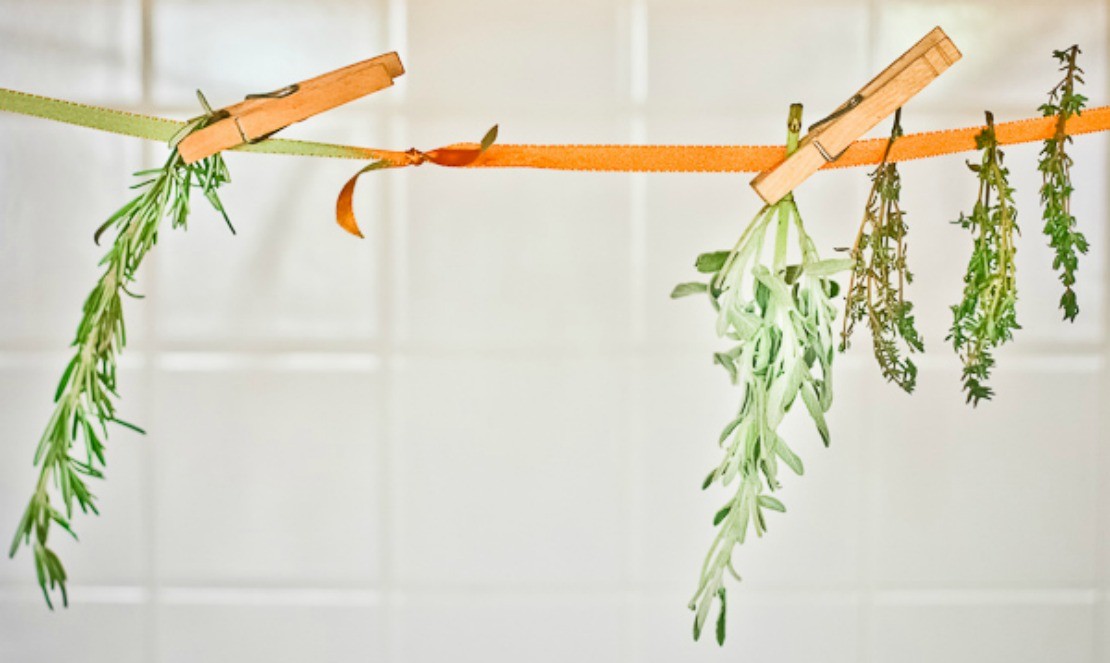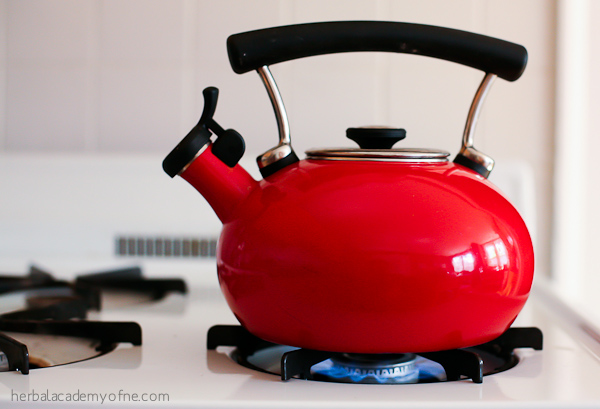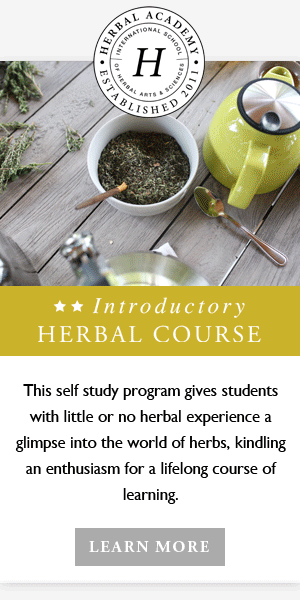
Teacup by Teacup
Turn up the flame, wait for the teapot to heat and whistle. Pour hot water over the jar of dried leaves and flowers. A slow stir with a spoon sends steam rising from a spinning spiral of herbs.
The technology is simple: water, fire, glass. No shares, likes, pins, tweets, or re-tweets. Simply water silently turning into tea.
Small green leaves expand with water, and fall slowly to the bottom of the jar.
Only in the awareness of the present,
can your hands feel the pleasant warmth of the cup.Only in the present, can you savor the aroma,
taste the sweetness, appreciate the delicacy.If you are ruminating about the past,
or worrying about the future,
you will completely miss the experience of enjoying the cup of tea.You will look down at the cup,
and the tea will be gone.Life is like that.
– Thich Nhat Hanh
So often we move through life oblivious to moment-to-moment details that make up our lives in favor of worries about the future or on-screen distractions.
Our eyes turn away from real life to look at flattened images on a computer or smart phone. Half awake to the non-human world, what are we missing? The cold, cold wind dancing in the snow. The robins tilting their heads to the dark earth. The moon rising over the trees.

What does tea have to do with all of this? Tea making is inherently slow. The water boils when it wants to; the tea cannot be bribed into steeping faster. If we are not paying attention, we may scald the pot or risk bitter results if we over-steep.
Why does it matter? Anytime we sit down with a pot of tea (or any food prepared with deliberate awareness), we practice participating in the cycles of growth and decay, rain and sun, seed and root. Tea making, cooking, gardening, or walking in a meadow remind us we are part of this cycle. Life is relationship, a web that can’t be untangled.
When we slow down enough to connect with what or who is in front of us and pay attention to the living world, we step outside our individual selves. We see it’s not all about us; at the same time, we see ourselves more clearly and wholly than ever before.
We see that polluting the river pollutes us. The meadow we pave, hardens us. Cutting down the forest takes our own breath away. As Julia Butterfly Hill says: “When you say you’re going to throw something away — where’s ‘away?’ There is no away.”
When we become aware of our unity, we become compassionate advocates to reduce suffering for all our relations. Every moment of every day we are invited to make this choice.
One of the definitions of “heal” I like best is to “make whole.” As herbalists, perhaps the most potent support we can offer is reconnecting others, teacup by teacup, to the earth inside themselves.







